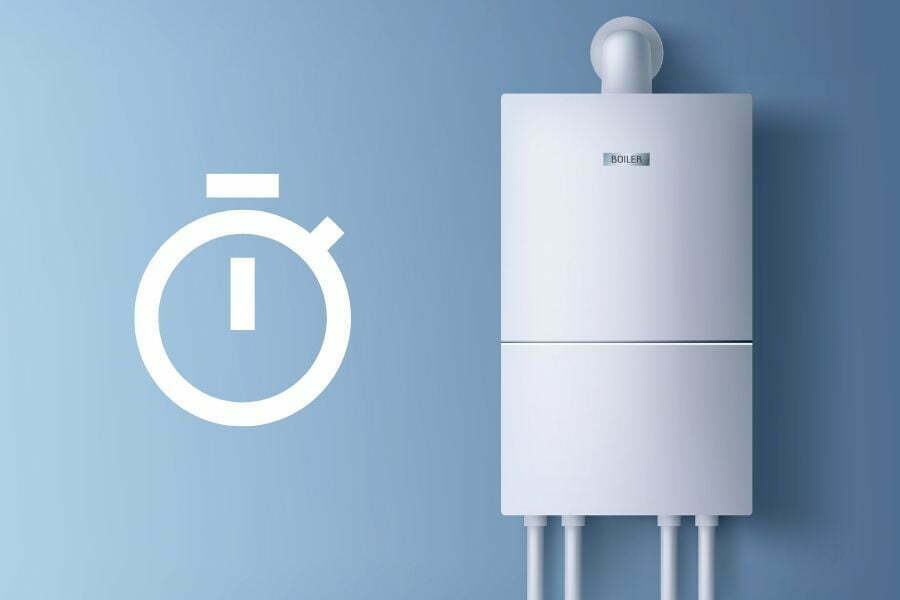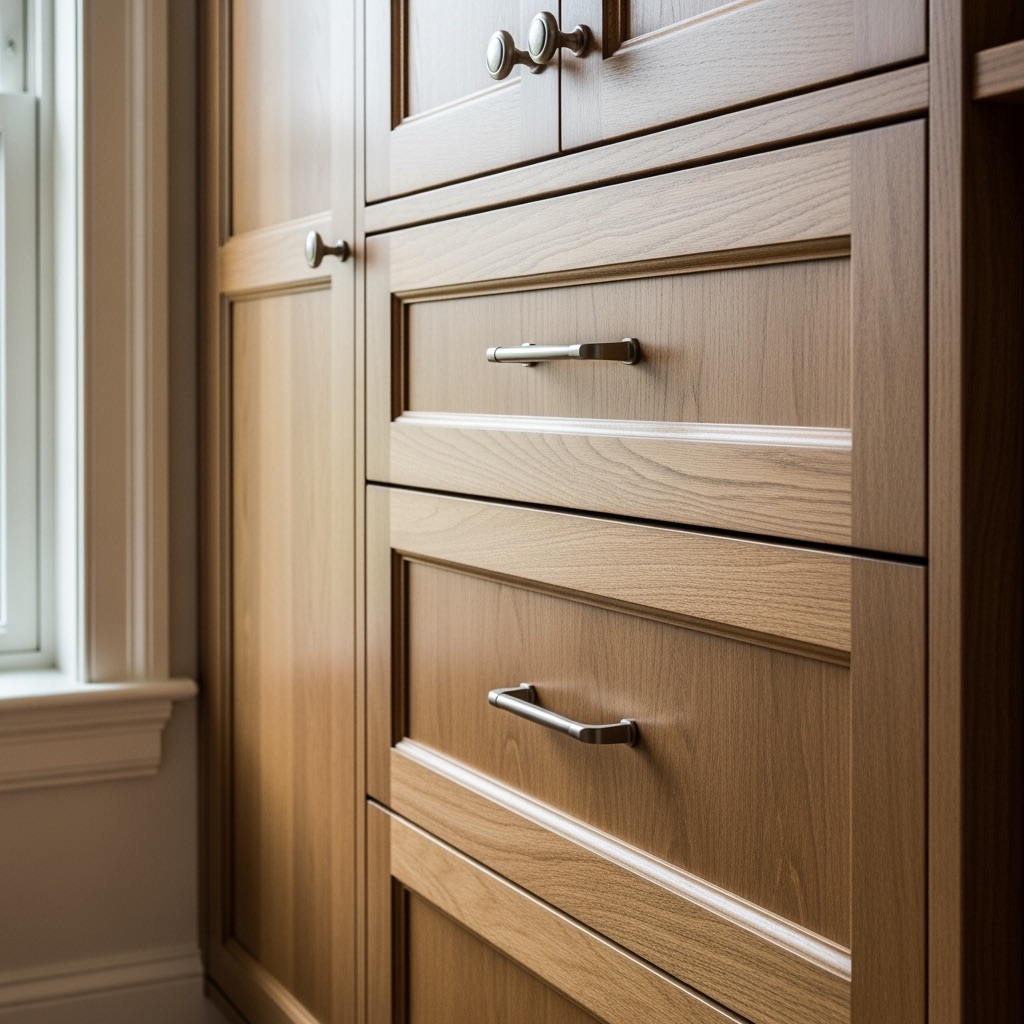Last updated on
How long a water heater can last on its type and other factors. Generally, you can expect it to last anywhere from 10 years up to 30 years. Read on!
Water heaters can be expensive home appliances, so it’s important to get a realistic idea of how long they’ll last. There are currently several types of water heaters on the market, including storage tank and tankless models in both gas and electric formats.
Water heaters with a tank usually have a lower life expectancy of around 10 to 12 years, while tankless heaters have an estimated lifespan of 20 years. Some of the top electric tankless water heaters are even known to last up to 30 years.
Here’s how long you can expect your chosen type of water heater to last, as well as common factors affecting the lifespan of a water heater.
How Long Do Different Types of Water Heaters Last?

Tankless water heaters tend to last longer than storage tank heaters because of their efficient design and the fact that they don’t store large amounts of water.
How Long Does an Electric Tankless Water Heater Last?
Tankless electric water heaters are considered the most durable type of water heater, with an estimated lifespan of two decades or longer if carefully maintained. Electric systems have simpler internal components than gas heaters, and the lack of a tank reduces the risk of leaks and corrosion.
Tankless water heaters—both electric and gas—only activate when they detect a hot water outlet open, which means that they only operate for short periods and remain in a resting state for most of the day. This helps preserve components and increase overall lifespan.
To help an electric tankless water heater reach its full lifespan, it’s important to keep the internal workings clear of sediment build-up. Attaching a sediment filter to the water line before the heater is an effective protection against particulate matter, while annually flushing the heater will help remove accumulated scale.
Estimated lifespan: 20 years or longer
How Long Does an Electric Tank Water Heater Last?
Again, electric storage tank water heaters tend to have a simpler set of internal components than gas equivalents, which helps reduce the risk of faulty parts.
However, electric tank heaters have an estimated lifespan of only around half that of tankless units—around 12 years. This is because water is continually retained and heated inside the storage tank, which puts stress on the tank lining and heating element over time.
Traditional heaters need to spend several hours per day heating water that constantly sits inside the tank. This can lead to serious corrosion issues, especially if the source water is acidic or high in dissolved mineral content.
Estimated lifespan: 12 years or longer
How Long Does a Gas Tankless Water Heater Last?
Like electric tankless units, gas tankless water heaters last for an impressively long time when regularly flushed and serviced. While their more complex internal hardware means average lifespans don’t quite equal those of electric units, they still regularly last for as much as 20 years.
To ensure that combustion byproducts are being safely removed from homes, gas heaters need yearly servicing by a certified professional, who will also inspect the system for wear and perform repairs. If this doesn’t happen then the lifespan of a gas tankless system can be significantly reduced.
Estimated lifespan: Up to 20 years
How Long Does a Gas Tank Water Heater Last?
Gas-fuelled storage tank heaters have the lowest lifespan of any heater type, due to a combination of more complex components and large water tanks that can accumulate corrosion or bacteria.
Many old gas heaters have very large tanks, which means they’re usually installed in basements or crawl spaces. In colder climates, these spaces can have low temperatures that mean heater elements need to spend extra energy to bring water up to desired heat. Over time, this can prematurely age the components.
Estimated lifespan: Up to 12 years
Factors Affecting Water Heater Lifespan
A few common factors are responsible for water heaters not meeting their expected lifespan. Here are the biggest three:
Hard Water Minerals
Hard water is a term for water that contains high levels of dissolved minerals. While hard water is naturally occurring and not a health risk, it can decrease the lifespan of hot water appliances, heaters included.
When hard water is heated, the dissolved substances can leave the water supply and deposit on surfaces in the form of mineral scale. As scale builds on the inside of heaters, it can decrease heating performance and begin to corrode components.
Tank heaters normally contain anode rods, which are sacrificial components designed to attract dissolved minerals and metals, keeping them from other parts of the heater. It’s important to check on the condition of your anode rod, as when they’re fully corroded, the heating element and tank lining come under threat of increased damage.
Once corrosion affects the lining of a water heater tank, there’s little that can be done to preserve its lifespan.
Tankless water heaters do not usually contain anode rods because they don’t store large amounts of water. But the mineral scale can still build around the copper coil heating elements. Flushing the heater on an annual basis, as well as using a water softener, can help to reduce this risk.
Unmaintained Air Intakes, Sediment Filters, and Exhausts
Whether you do it yourself or hire a professional, it’s important to service your heater on an annual or two-year basis, cleaning all major components to stop the accumulation of particulate matter. If you run filter stages before your heater, these also need to be cleaned to remain in work order and prevent contaminants from reaching the heating element.
This is especially true for gas heaters, which need a yearly tune-up from a certified professional. A trained technician will be able to spot and repair minor issues before they get worse.
Cracks and Bacterial Contamination
As tank heaters get older, the chance of contamination increases. Corrosion or simply wear and tear can compromise the integrity of the tank lining, allowing bacteria to find their way inside. Because water is constantly sitting inside the tank, contamination can accumulate and affect the quality of water.
If you notice odd tastes, smells, or clouding in your hot water, but not from cold water faucets, it’s important to check your heater for any issues.
Recap




